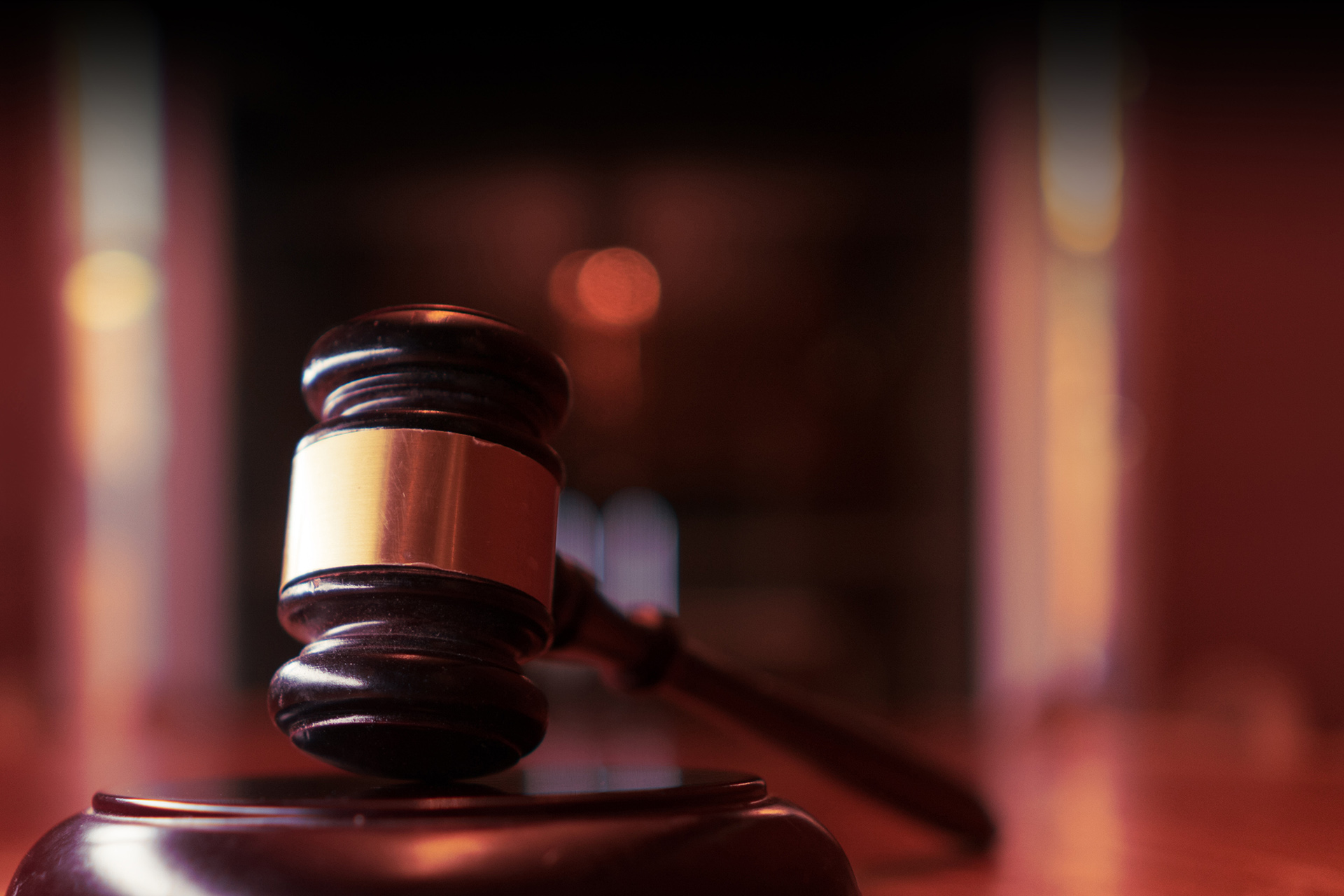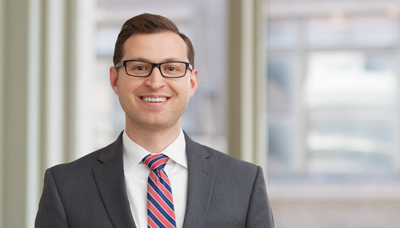Highlights
Consider the tradeoffs in securing a patent issuance between potential Patent Term Adjustment (PTA) and requesting continued examination
Type C delays for appellate review requires reversal by Patent Trial and Appeal Board or a reviewing court
The reopening of prosecution during appeal may allow for B-delay PTA, but not C-delay PTA
When there are delays in patent examination at the United States Patent and Trademark Office (USPTO), patent owners are entitled to an extension of the patent’s term. However, for a patent’s term to be extended, certain requirements must be met for the patent to qualify for Patent Term Adjustment (PTA).
Earlier this month, the U.S. Court of Appeals for the Federal Circuit made clear that PTA for type C delays – which award patents an extension of term for certain delays due to the patent owner appealing a prior determination of unpatentability – a patent must issue under a Patent Trial and Appeal Board (PTAB) or lower court decision. The Federal Circuit did not agree that PTA for type C delays should be awarded when an examiner reopens prosecution of a patent application pending on appeal.
Background
Dr. Steven Chudik applied to the USPTO for a patent on his “Guide for Shoulder Surgery” in 2006. The claims of the patent application were rejected, and then rejected a second time in 2010. At that time, Dr. Chudik chose to continue prosecution with the examiner with a request for continued examination (RCE) instead of appealing the rejection. After having the claims rejected during the continued examination, Dr. Chudik appealed to the PTAB, but the examiner reopened prosecution before the PTAB delivered any decision on the rejections.
This appeal of the examiner’s rejections to PTAB and reopening of prosecution without a decision delivered by the PTAB continued a number of times. During the fourth appeal, the examiner withdrew the rejections after some of the claims were amended and the USPTO granted Dr. Chudik a patent.
Result and Impact
The USPTO granted the patent with 2,066 days of PTA. However, Dr. Chudik requested the USPTO award an additional 655 days of PTA for C-delays due to the appeals. This request was denied after the USPTO found that C-delays did not apply to the patent because the PTAB’s jurisdiction never attached and there was no PTAB reversal of the examiner’s rejections (or reviewing court reversal) as required by the statute.
Dr. Chudik appealed to the U.S. District Court for the Eastern District of Virginia and argued that “appellate review” for which C-delay applies refers to the entire process of review by the PTAB and starts when the notice of appeal is filed. He further argued that the term “a decision in the review reversing an adverse determination of patentability” covers an examiner reopening prosecution. Though the District Court agreed that Dr. Chudik gave reasonable constructions of the statutory text, it ultimately affirmed the USPTO decision.
Dr. Chudik appealed to the Federal Circuit, which affirmed the District Court. The Federal Circuit concluded that for C-delay to apply, a patent must issue under a PTAB decision that reverses the examiner’s unpatentability ruling or under a court decision that reverses the PTAB’s unpatentability ruling. It noted that “appellate review” requires a distinct reviewing authority and does not occur upon reconsideration of one’s own decision. Therefore, a C-delay does not apply when an examiner reopens prosecution during the appeal process.
The court further noted that, in certain circumstances, a B-delay PTA could be applicable to offset time lost due to reopening of prosecution by an examiner during an appeal. However, this patent was not eligible for B-delay PTA because Dr. Chudik invoked an exception when he requested continued examination, rather than an appeal, after the first final rejection in 2010.
To obtain more information, please contact the Barnes & Thornburg attorney with whom you work or John Routon at 317-231-7235 or John.Routon@btlaw.com.
© 2021 Barnes & Thornburg LLP. All Rights Reserved. This page, and all information on it, is proprietary and the property of Barnes & Thornburg LLP. It may not be reproduced, in any form, without the express written consent of Barnes & Thornburg LLP.
This Barnes & Thornburg LLP publication should not be construed as legal advice or legal opinion on any specific facts or circumstances. The contents are intended for general informational purposes only, and you are urged to consult your own lawyer on any specific legal questions you may have concerning your situation.











/Passle/6488d4630e7e25c9ac9f834a/SearchServiceImages/2024-11-14-13-11-27-495-6735f6fff42d6cc59c8ec5c1.jpg)
/Passle/6488d4630e7e25c9ac9f834a/SearchServiceImages/2024-11-11-22-02-38-042-67327efe31216b909e6ea644.jpg)
